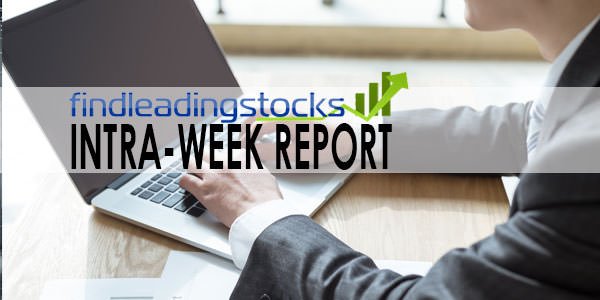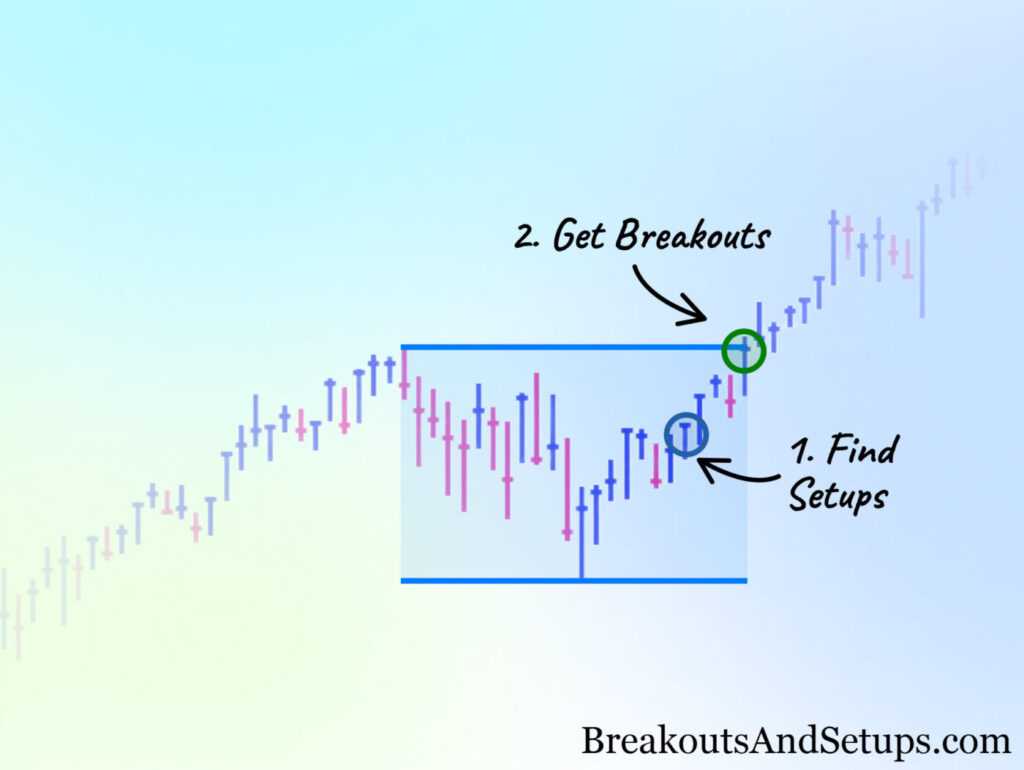Housekeeping: This will be our only intra-week update this week.
Market Update: Stocks Are Strong
The stock market is very strong. The fact that it simply refuses to fall – in a meaningful fashion – even as other markets crumbled last week and all the political headlines we are seeing on a weekly basis speaks volumes to how strong the bulls are right now. Even the head of Goldman Sachs came out yesterday and said it doesn’t make sense to see the VIX sooooo low in this environment and that concerns him.
We have been writing about this concern for a while and discussed it on our 90-min webinar last week (see here)…
Additionally, other disconcerting headlines are beginning to emerge (see below as just one current headline). To be clear, until the market cracks, there is no point in fighting this exceptionally strong tape! As always, we want to see where the market closes on Friday and will have a full report for you this weekend.
FLS Portfolio:
Thankfully, the FLS portfolio continues acting very well! Here is a snap shot of the portfolio as of Tuesday’s close:The service owns:
The service owns: ICE +2.35%, ADBE +22.06%, BABA +22.57%, SPY 1.19%, AAPL +6.20%, HA -3.41%
The service will exit: ICE @58.75, ADBE @ 127.77, BABA @ 108.74, SPY @ 236.62, AAPL @ 143.04, HA @ 52.74
Working Orders:
There are no new working orders today
Auto Loan Fraud Is Soaring in a Parallel to the Housing Bubble
(Bloomberg) —
Borrower fraud in U.S. auto loans is surging, and may approach levels seen in mortgages during last decade’s housing bubble, according to a startup firm that helps lenders sniff out bogus borrowers.
As many as 1 percent of U.S. car loan applications include some type of material misrepresentation, executives at data analytics firm Point Predictive estimated based on reports from banks, finance companies and others. Lenders’ losses from deception may double this year to $6 billion from 2015, the firm forecast.
Those fraud rates are coming closer to the over-1-percent level for mortgages in 2009, when the financial crisis was boiling and more lenders started reporting incidents to one another, Frank McKenna, chief fraud strategist at the firm, said in an interview. While those losses will sting lenders, the impact on the overall economy will likely be much more muted than with the housing crisis, just because there’s less car debt outstanding.
Even so, “We see an extraordinary amount of parallels between the auto and mortgage industries, in terms of the rising levels of hidden fraud,” McKenna said. For home loans, it’s hard to know how widespread the deception was before 2009, because lenders often didn’t report information to one another and may not have even investigated incidents of probable lying much on their own, McKenna said.
Dealer Fraud
Point Predictive has put together a consortium of lenders to share data about dealers and loans. The group, now 13 strong, met at the headquarters of Santander Consumer USA in Dallas last month. Common types of fraud include borrowers lying about their income and their jobs, including falsifying paystubs. The deception can be perpetrated by consumers, or car dealers, or both.
Auto lenders including banks and finance companies are concerned about consumer fraud, and they’re often even more concerned about fraud among dealers, said Kimberly Sutherland, senior director for fraud and identity management strategy at LexisNexis Risk Solutions in Alpharetta, Georgia. Dealers have an incentive to complete sales, and may better know how to tweak paperwork to get bad loans funded than a regular consumer, said Sutherland, whose firm helps lenders identify risks in their portfolios.
About 3 percent of dealers can be responsible for all of a lender’s fraudulent applications, Point Predictive said in a February report. Losses from auto loan fraud this year will likely be $4 billion to $6 billion, up from $2 billion to $3 billion in 2015, the firm said.
Growing Trouble
Trouble is growing in auto loans. The total amount of the debt outstanding has risen more than 50 percent since the end of 2010, a rapid increase. Delinquencies among subprime auto loan borrowers are jumping, and in the fourth quarter of 2016, there was over $1.1 billion of consumer car debt that lenders could not collect, Point Predictive said. In a Federal Reserve survey released Monday, banks said they had tightened their underwriting standards for car loans.
But that won’t necessarily translate into a repeat of the mortgage crisis, because the auto financing market is so much smaller. There was around $1.1 trillion of car loans outstanding at the end of last year, compared with around $10.3 trillion of residential mortgages.
There are cities in the U.S. where borrowers are more likely to default on their car loans within a few months of buying their cars, often a sign of a loan obtained fraudulently. Those “hot spots” include Fort Myers, Florida; Salem, Massachusetts; Gatesville, Texas; Miami; and Laurel, Maryland, Point Predictive said.
DBRS Inc., a ratings firm that assigns grades to bonds backed by auto loans, similarly warned of auto lending fraud in a recent report. Cars can be relocated and sold in used-car markets before lenders repossess them, making vehicles an “appealing” target “to those looking to fraudulently apply for auto loans.”
Some car lenders have been shoring up their collections processes. Santander Consumer USA, one of the biggest makers of subprime auto loans, stoppedaccepting credit card payments from its borrowers, for example. Other lenders are using sophisticated devices that can track a vehicle, or even turn off an ignition, making it easier to repossess a car.
Disclaimer:
This analysis contains information from resources believed to be reliable but are not guaranteed as to accuracy or wholeness as of the date of this publication. Past performance is not necessarily indicative of future results. There is always a risk of loss in trading and investing. Opinions articulated are subject to change without notice. This analysis and any opinions expressed are intended for educational purposes only and should NOT BE interpreted as a call for engagement in any transaction involving the purchase or sale of any security or investment product or service. The risk of loss in investing and or trading can be substantial, and traders/investors should carefully consider the inherent risks of such an investment in light of their financial condition. The author, firm, associates, or the firm’s clients may have a position in any of the investments mentioned and their positions are subject to change without notice. Any reproduction or retransmission of any portion of this report without the express written consent of 50 Park Investments is strictly prohibited.





